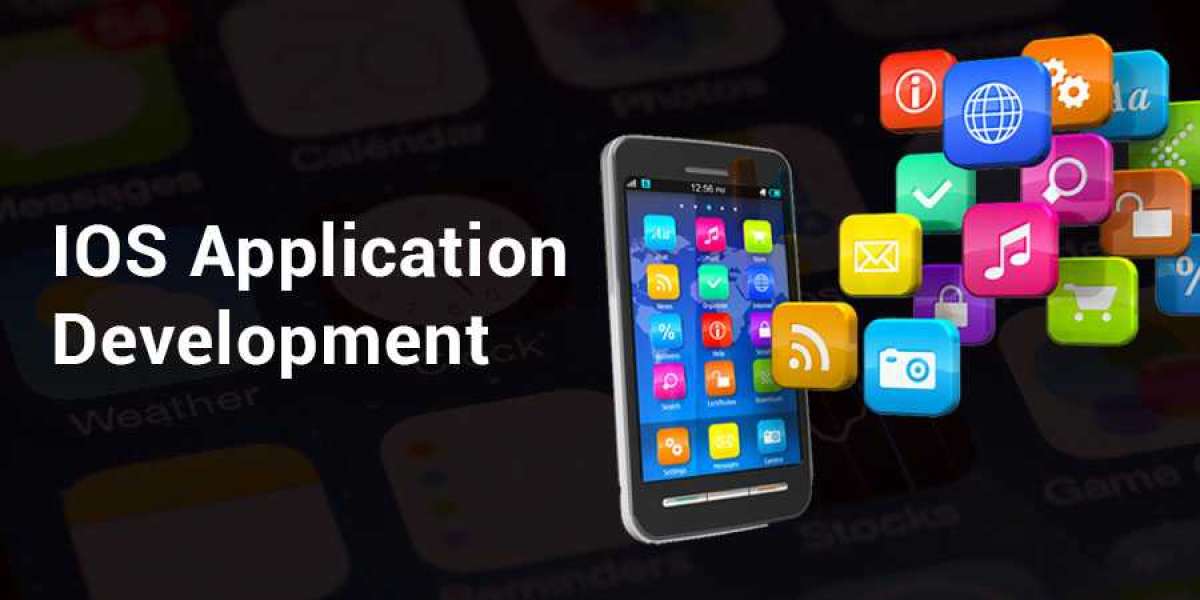The tech landscape is ever-evolving, and with it, the demand for iOS app development has surged in prominence. This demand is driven by the growing adoption of diverse mobile applications among today's smartphone users.
iOS developers, ranging from seasoned professionals to novices, are actively seeking out the best iOS app development tools. These tools are crucial for enhancing their workflow, forging state-of-the-art web and mobile applications, and elevating app performance. The correct set of tools empowers iOS developers to create advanced, feature-rich mobile apps.
To help them out in their search for the best tool, we have curated a list of tools designed to facilitate the creation of sophisticated apps and software.
Top 5 Tools for iOS App Development
Here are some of the essential tools required for effective iOS app development:
#1. Simulator
Simulators are invaluable tools for iOS app developers and development firms who opt to conduct their app testing on Mac computers. This tool eliminates the need to test across various iOS devices like iPhones, Apple TVs, and iPads. It's particularly beneficial for those without immediate access to these devices.
By using a simulator, developers can significantly cut down on time, as they can develop, prototype, and debug their apps directly on the simulator before submitting them to Apple. Moreover, simulators offer the convenience of managing multiple test environments through tabs, streamlining the workflow and reducing the likelihood of errors during the development process.
#2. AppCode
AppCode is a comprehensive, integrated development environment (IDE) for Mac and OS developers. It's engineered to facilitate the development, debugging, and enhancement of mobile applications across various programming languages, including Swift, Objective-C/C++, and C/C++. With its support for iOS/macOS development, AppCode's IDE extends its capabilities through various plugins.
The strength of AppCode lies in its sophisticated code analysis system. It scrutinizes your codebase, offering insightful reports that aid in refining the app development process.
This level of assistance renders AppCode an indispensable tool for both individual iOS developers and app development firms. Its core features are designed to optimize the efficiency and quality of app creation.
#3. Applyzer
For iOS app developers, this tool provides all the necessary information once their app hits the App Store. It's designed to help them monitor how their app fares regarding store rankings. The insights provided by this tool are invaluable, making it a critical asset for marketers, app proprietors, and developers alike.
Key functionalities include:
- App Store Optimization Reporting: It delivers detailed reports on app optimization, which is crucial for visibility.
- Regional Customization: Developers can tailor their app's availability across different global markets.
- Competitor Performance Tracking: It offers the ability to keep an eye on how similar apps are performing.
- Keyword Research and Optimization: The tool aids in identifying and refining the keywords that drive app discoverability.
- User Review Management: It empowers developers to oversee and engage with user feedback directly on the App Store.
This tool essentially equips developers with the means to not just track, but also enhance their app's presence and performance on the App Store.
#4. XCode
XCode is another iOS development tool that is similar to AppCode. It serves as an integrated development environment (IDE) for developing applications across Apple's ecosystem, including iPads, iPhones, and Apple Watches.
As Apple's official IDE, XCode is a popular choice among developers, though some may opt for AppCode based on preference or specific project needs. A notable distinction is that AppCode, created by JetBrains, offers seamless integration with other JetBrains IDEs, enhancing the development workflow.
XCode shines with its unique features:
- Asset Catalog: It neatly categorizes all app images, optimizing them for swift and lightweight user downloads.
- 'Open Quickly' Feature: This function grants developers a swift keyboard shortcut to access any file, streamlining navigation.
- Source Code Editor: It's proactive in flagging errors or warnings, providing immediate feedback if there's a misstep in coding.
These functionalities make XCode an indispensable tool for developers seeking a smooth and efficient app development journey.
#5. AppFigures
AppFigures is a valuable analytics and insights platform that app creators and marketers predominantly utilize to monitor their digital products. It is a comprehensive control panel that aids developers in tracking and overseeing their app's performance metrics, financial earnings, user ratings, and feedback.
The platform's Account-Based Marketing (ABM) functionality allows developers to focus their marketing efforts on particular geographical areas, specific user accounts, and distinct businesses.
AppFigures equips developers with critical data reflecting user interactions with their app. This includes metrics like the number of app downloads, user registrations, transactions, and more, providing a clear picture of user engagement.
Conclusion
The above-mentioned iOS app development tools can streamline the development process, from coding to testing, ensuring that apps are functional and market-ready. They cater to various needs, from code analysis to UI design, and are essential for developers aiming to create innovative and user-friendly iOS applications. With these tools, developers can efficiently tackle app development challenges.







